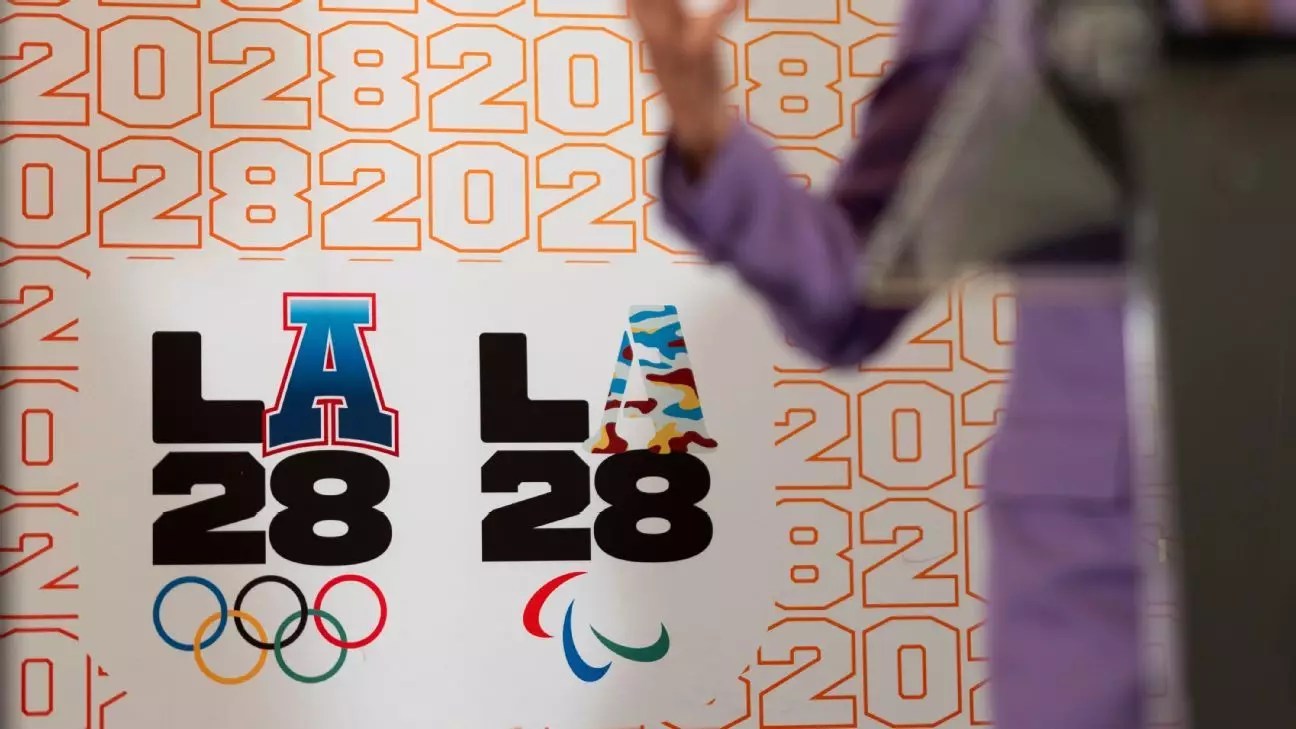The decision to commence basketball tournaments two days before the official opening of the 2028 Los Angeles Olympics signifies a transformative shift in how major sporting events are structured. Traditionally, Olympic sports begin in tandem with the Games’ official start, fostering a sense of unity and anticipation. However, organizers’ choice to initiate basketball early reflects a strategic move to optimize the competition’s quality and viewer engagement. This scheduling allows for a more condensed and focused tournament, ensuring knockout stages such as quarterfinals are played over two days, reducing fatigue and enhancing performance. By prioritizing athlete readiness and broadcaster scheduling, the organizers demonstrate an innovative mindset that could influence future Olympic planning.
Implications for Athletes and Viewers
Starting basketball ahead of the opening ceremony could significantly impact athletes’ preparation and mental state. Players traditionally commence competition with the excitement and energy of the Olympics fueling their performance. An earlier start may lead to increased pressure, as athletes might feel they are being rushed into high-stakes games without the ceremonial buildup. Conversely, this approach allows teams to settle into competitive rhythm sooner and potentially avoid scheduling conflicts later in the Games. For viewers, the early games might serve as a thrilling appetizer, heightening overall interest and drawing global attention from the moment the Games commence. However, the risk remains that early scheduling could overshadow the ceremonial significance, diluting the collective experience.
Logistical Challenges and Opportunities
Hosting Olympic basketball games before the official opening invites logistical complexities, including venue readiness, security arrangements, and broadcasting logistics. Ensuring all is seamlessly coordinated requires meticulous planning, especially as multiple sports are set to begin prior to the ceremony—like field hockey, rugby sevens, and water polo. This staggered start could offer logistical advantages by reducing congestion on opening day and spreading media and spectator attention. On the other hand, it demands adaptive communication strategies to keep fans engaged and informed. If executed successfully, this approach could serve as a model for maximizing the Olympic schedule’s efficiency, providing a smoother experience for athletes, broadcasters, and spectators alike.
Historical Context and Future Considerations
The Los Angeles Olympics are breaking away from traditional scheduling patterns, aligning with a broader trend toward innovative event management. Previous Olympics rarely saw events begin before the formal opening, making this a pioneering move with potential long-term implications. It raises questions about the usual ceremonial importance assigned to the opening day and whether such adjustments serve the evolving landscape of international sports. While early basketball starts may initially seem like a logistical compromise, they could ultimately enrich the competition’s intensity and viewer engagement. Future Olympics may increasingly adopt such hybrid schedules, emphasizing performance optimization over convention, shaping a new paradigm for global sporting celebrations.
Note: This article critically examines the innovative scheduling of the 2028 Olympics and considers its potential influence on future international sporting events, emphasizing the importance of strategic planning, athlete well-being, and viewer experience.


Leave a Reply